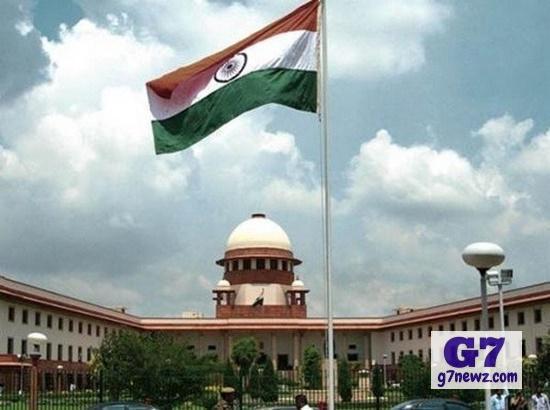Punjab has brought the Central Government to the Supreme Court over unpaid statutory dues exceeding ₹6000 crore related to food procurement.
The state seeks an urgent hearing, citing ₹3,637 crore in overdue Rural Development Fund (RDF) payments since 2021 and ₹2,400 crore in pending market fees since 2022.
The Punjab Government, led by Chief Minister Sardar Bhagwant Mann of the AAP, has filed for an expedited hearing with the Supreme Court, pressing its case against the Union of India.
This legal battle centers on the Central Government’s refusal to fully reimburse statutory dues owed for wheat and paddy procurement by the Food Corporation of India (FCI), crucial for national food security.
In response to Punjab’s plea for funds, the Supreme Court has agreed to an early hearing, marking a critical development in the ongoing dispute.

The state argues that these fees, essential for maintaining agricultural infrastructure and rural development, are being wrongfully withheld by the Central Government.
Also Read:- X Announces Departure from San Francisco Headquarters
The conflict underscores broader tensions over fiscal autonomy between states and the Center, highlighting the significant implications for agricultural policy and intergovernmental relations in India.
The previous state governments of Punjab, led respectively by Sardar Parkash Singh Badal and Captain Amarinder Singh, attempted to recover these dues through petitions, prayers, and bilateral lobbying.
However, it was the AAP Government in Punjab, led by Chief Minister Sardar Bhagwant Mann, that took the bold initiative to arraign the Central Government in the Supreme Court after the futility of negotiations became apparent.
With the matter now escalated to the Supreme Court, its outcome is set to have far-reaching implications on center-state relations and agricultural policies nationwide, especially as the inability or reluctance of the central government to place crop procurement on a statutory basis continues to trigger various farmers’ agitations.




